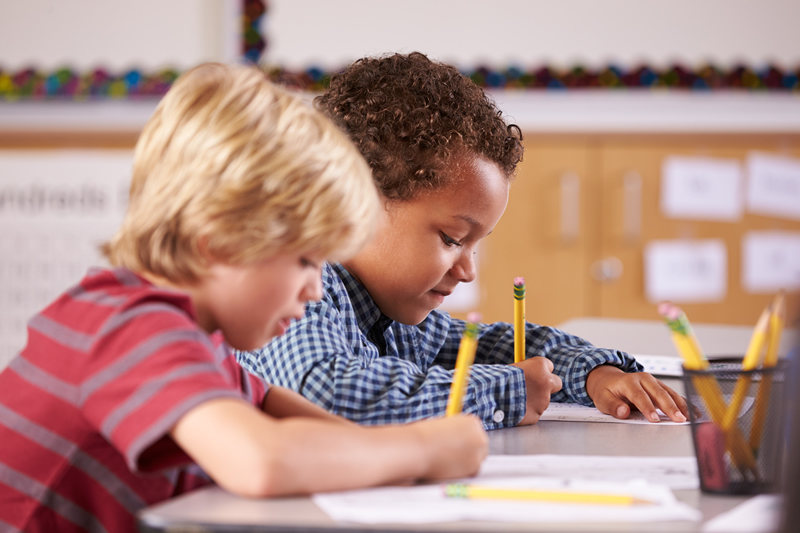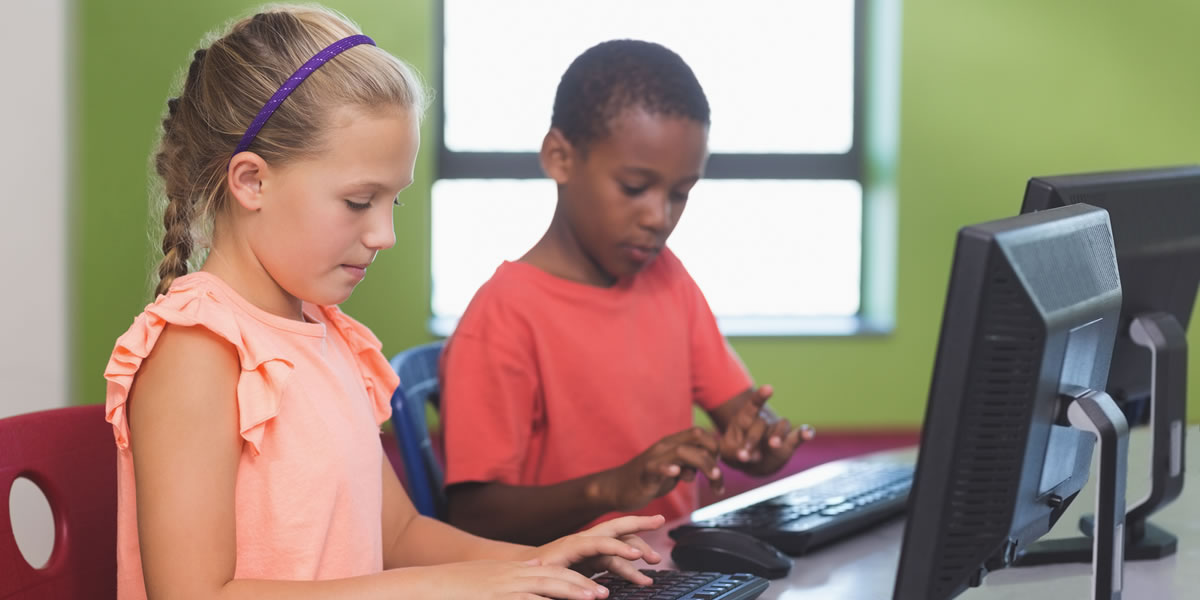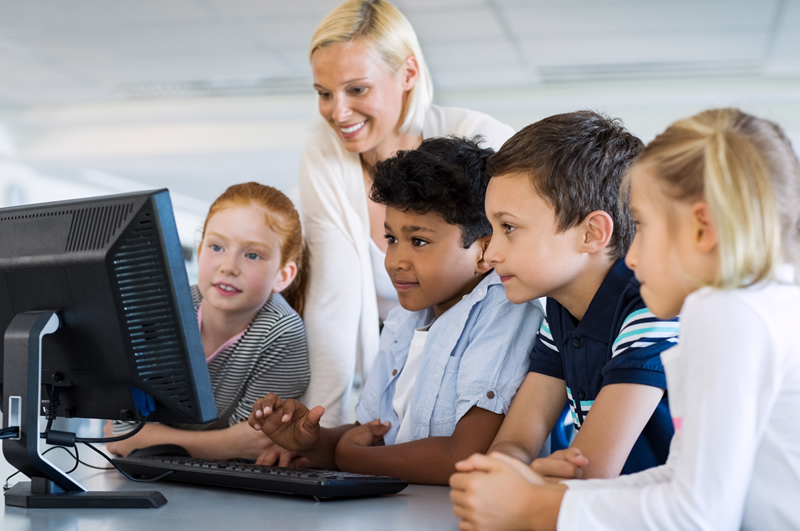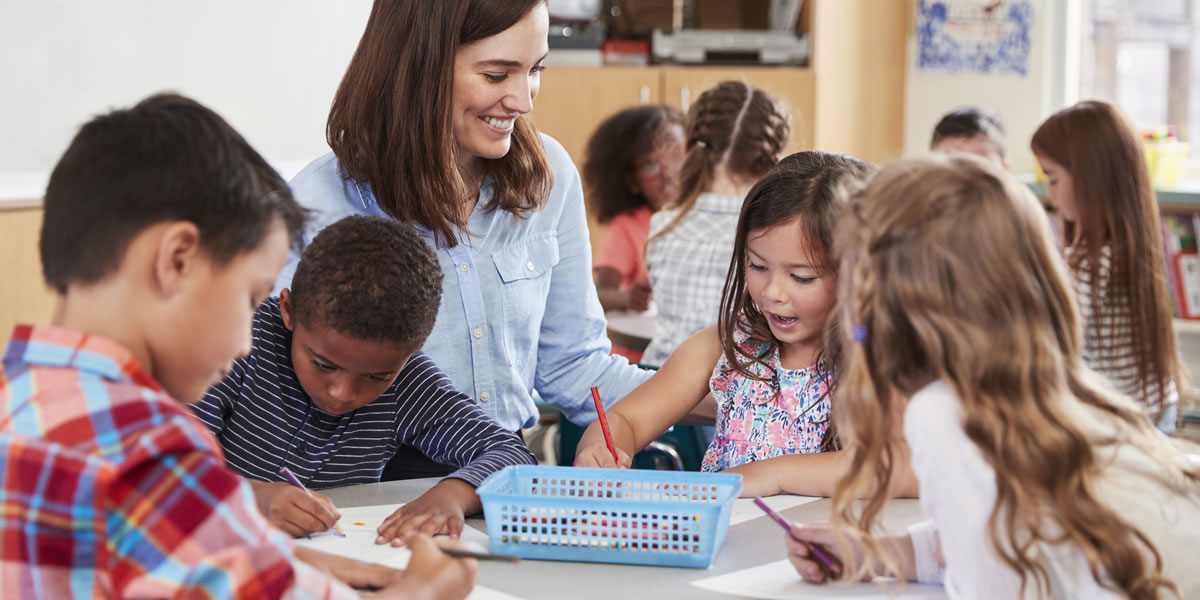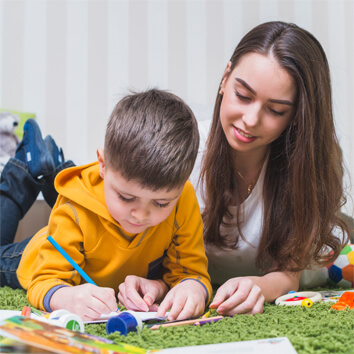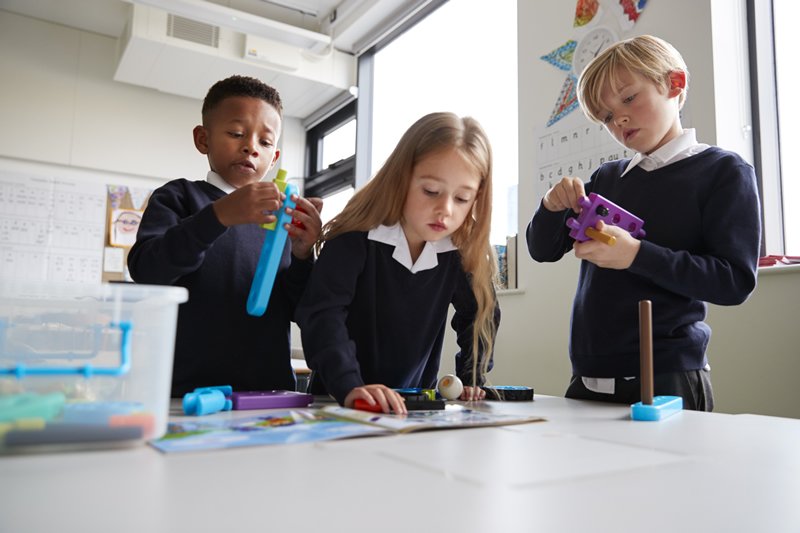For many years the educational field has been firmly cemented in believing that different individuals have different learning styles. These are termed visual, aural and kinaesthetic. Recently this myth has been debunked. Despite 93% of the public and 76% of educators still believing that learning styles exist, it has now been demonstrated that they don’t. […]
Read MoreThe complete immersion learning method is the only truly effective language learning method. Learning to think and experience the world automatically, without conscious thought, is the gift given by complete immersion and gives children the tools to ultimately become fluent. We look at why the complete immersion method is so central, and how you can […]
Read MoreIf you learned a second language at school, what can you remember? Chances are, if you embarked on learning a foreign language, like many at late primary or early secondary age, and haven’t gone on to use that language regularly, you’ve lost it. The benefits were limited to the language itself, for the time you […]
Read MoreA child’s educational journey is a marathon, not a sprint. In fact, it isn’t even confined to the window between when they learn their ABC’s to the day they throw a mortarboard in the air. Learning is a lifelong journey. However, in modern society and educational systems, learning has become synonymous with education alone. Forcing […]
Read MoreWe need to think of vocabulary as a building block. Its intrinsic value is only complete when part of a larger structure. Research shows that vocabulary is far more important than the individual words, and their meaning. Vocabulary knowledge, breadth and depth are directly correlated with a child’s overall development. The Power of Vocabulary What’s […]
Read MoreWhen we think of bilingualism and multilingualism we are likely to think of the advantages being confined to the languages alone. A bilingual individual can access more learning, experience more, and interact more deeply. However, what we don’t tend to consider is how a bilingual or multilingual child is advantaged in terms of their ability […]
Read MoreOnce upon a time, in the not too distant past, parents and educators feared bilingualism in children. There was the myth that children would be confused, do less well academically, and even have mental health problems as a direct result of speaking multiple languages. This was despite an experiment in 1962 which actually showed that […]
Read More
